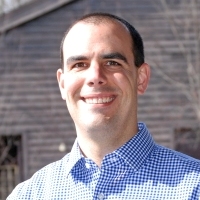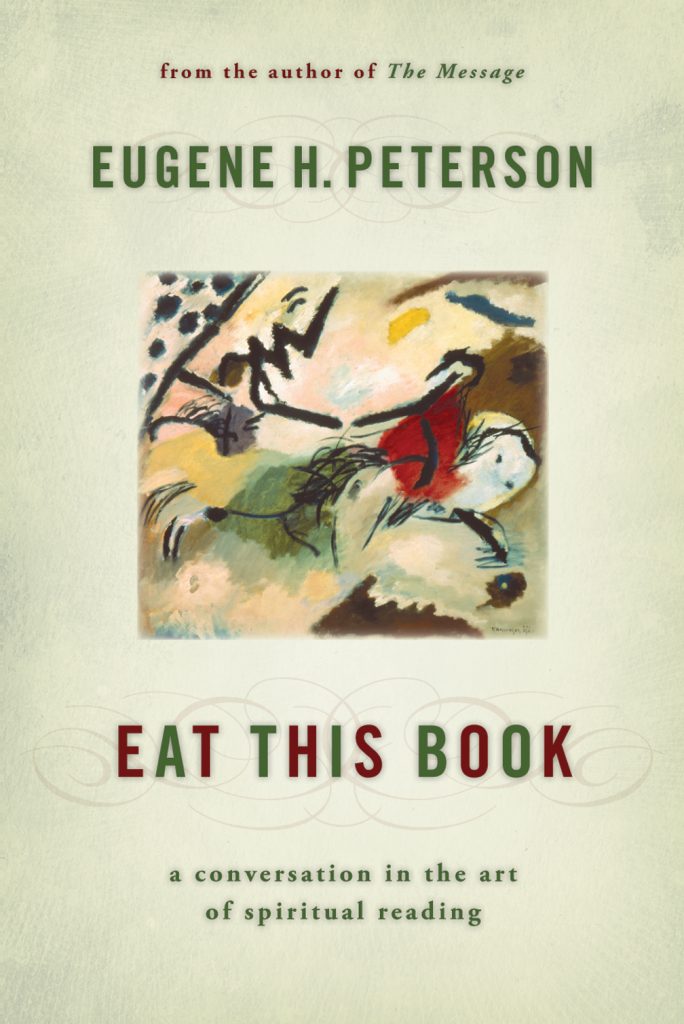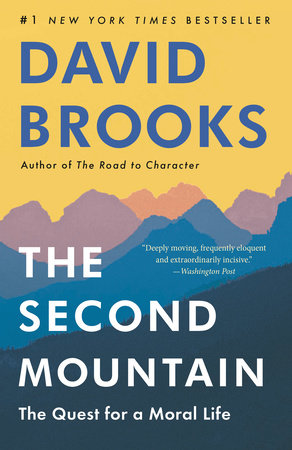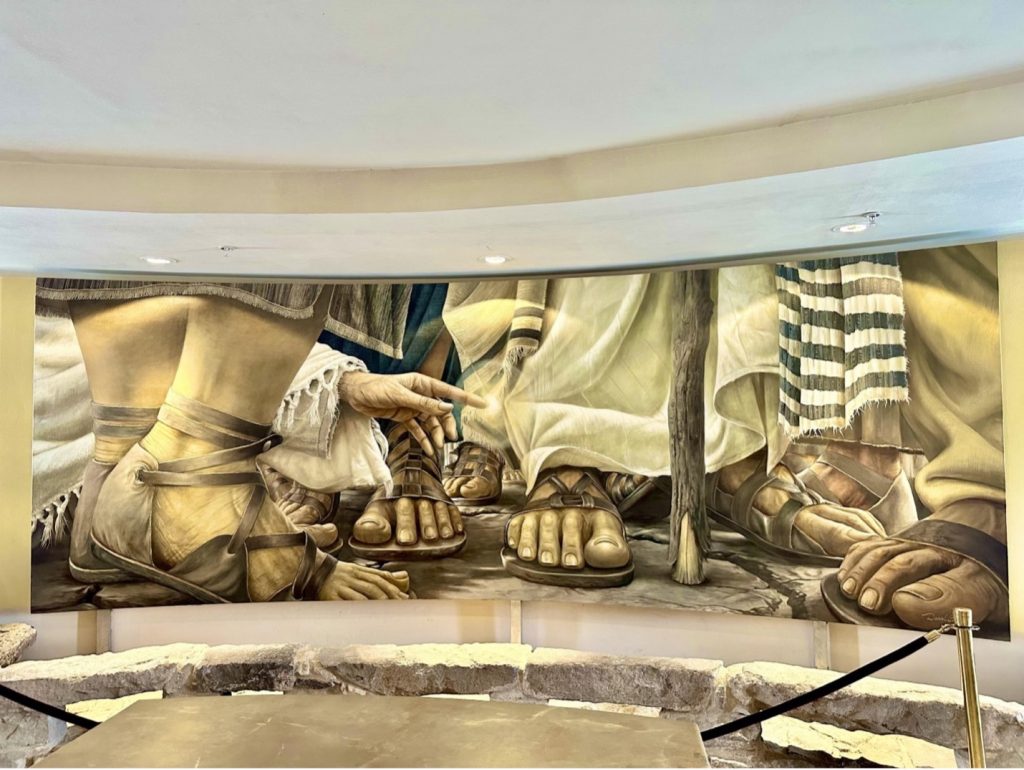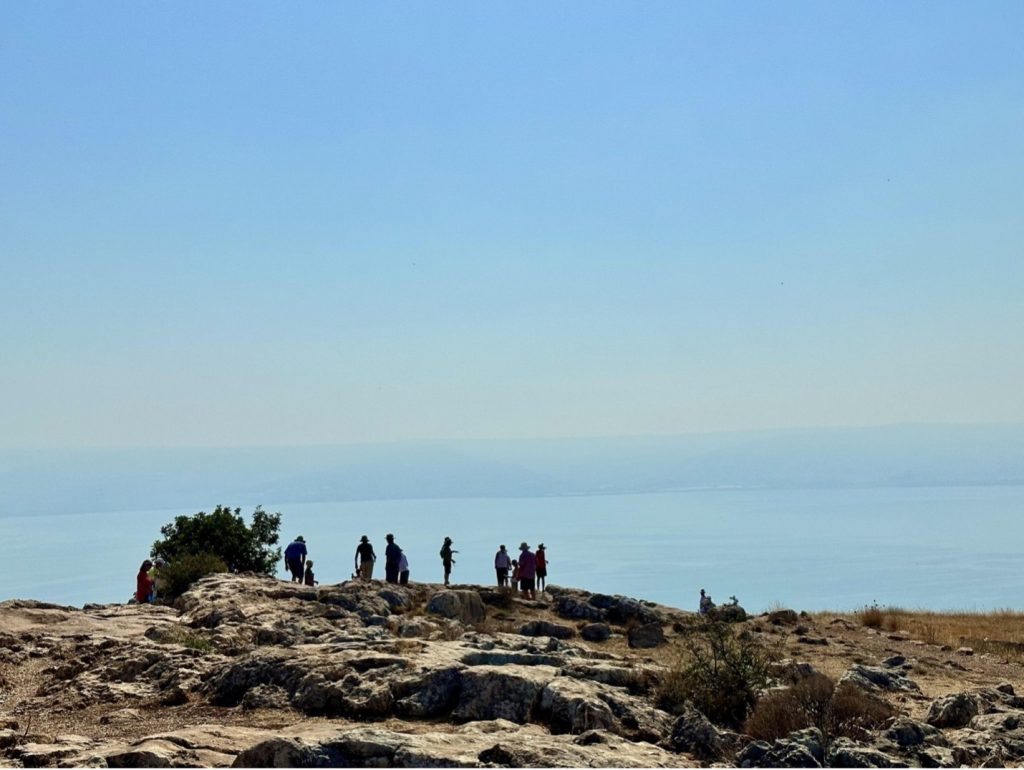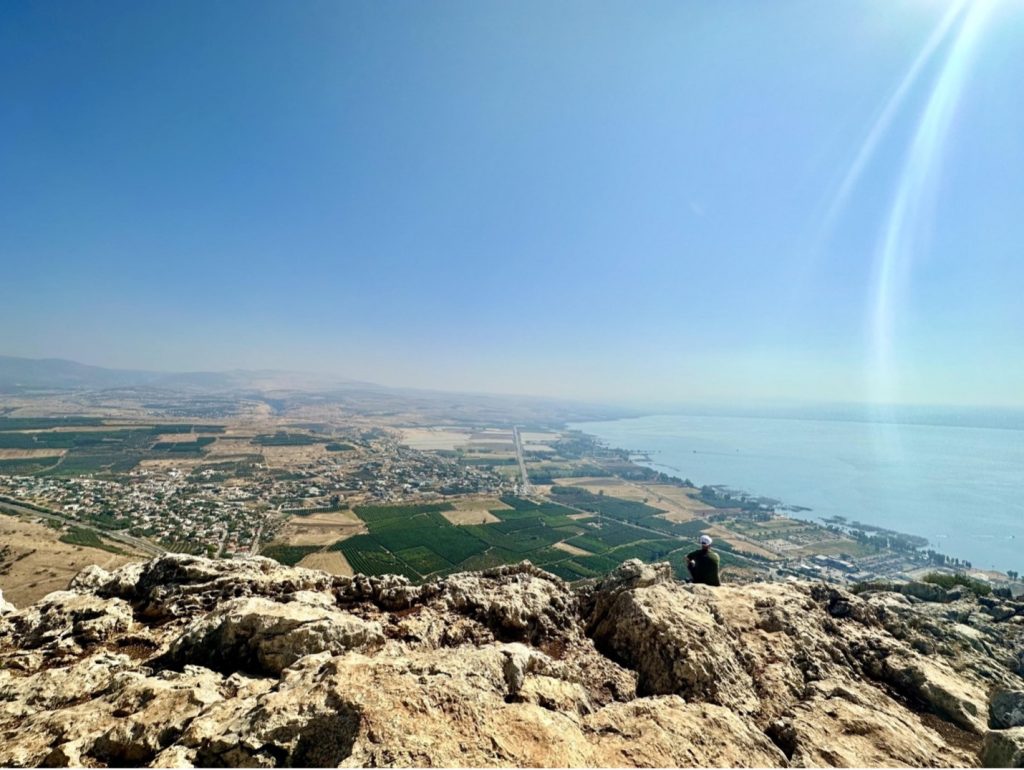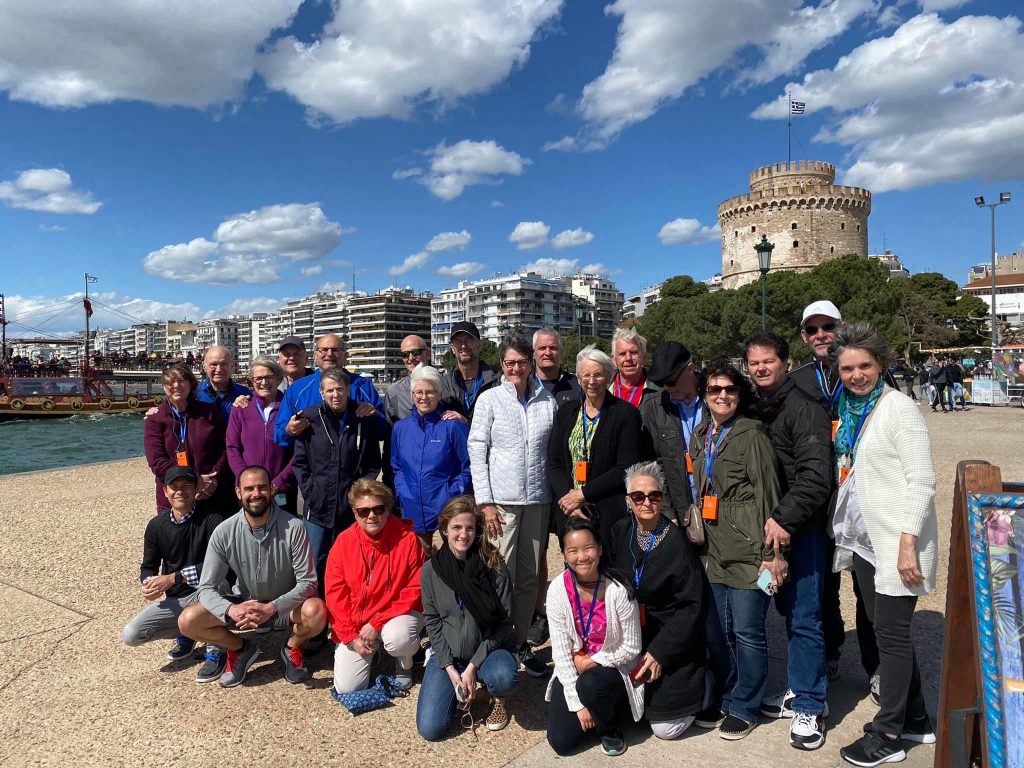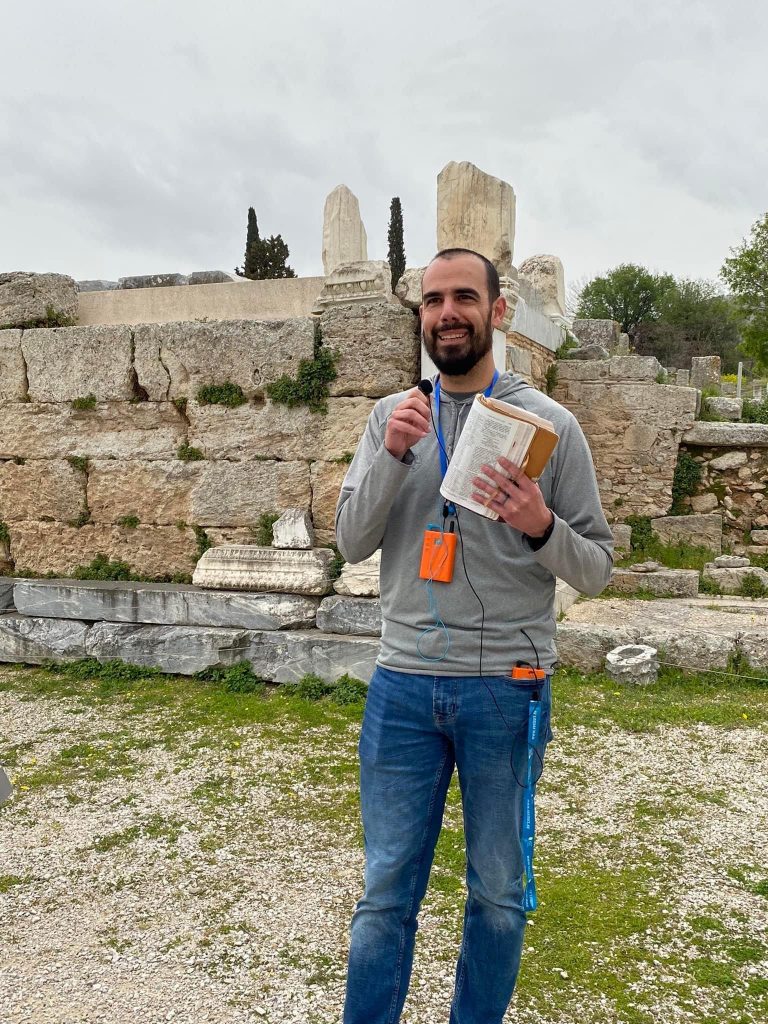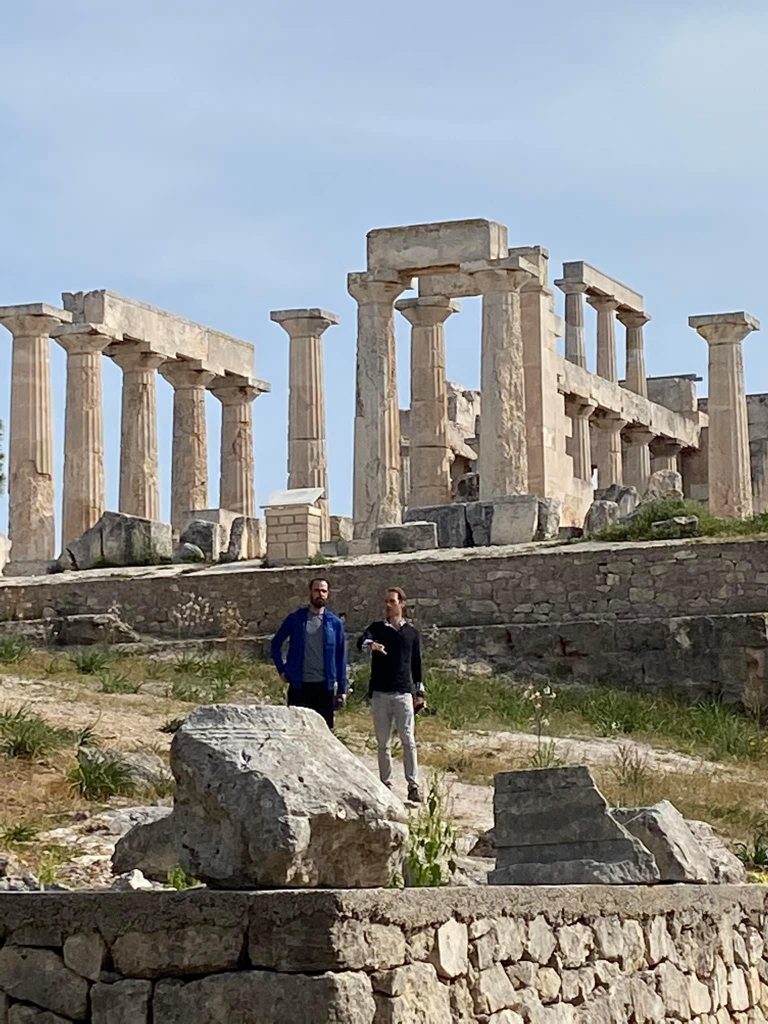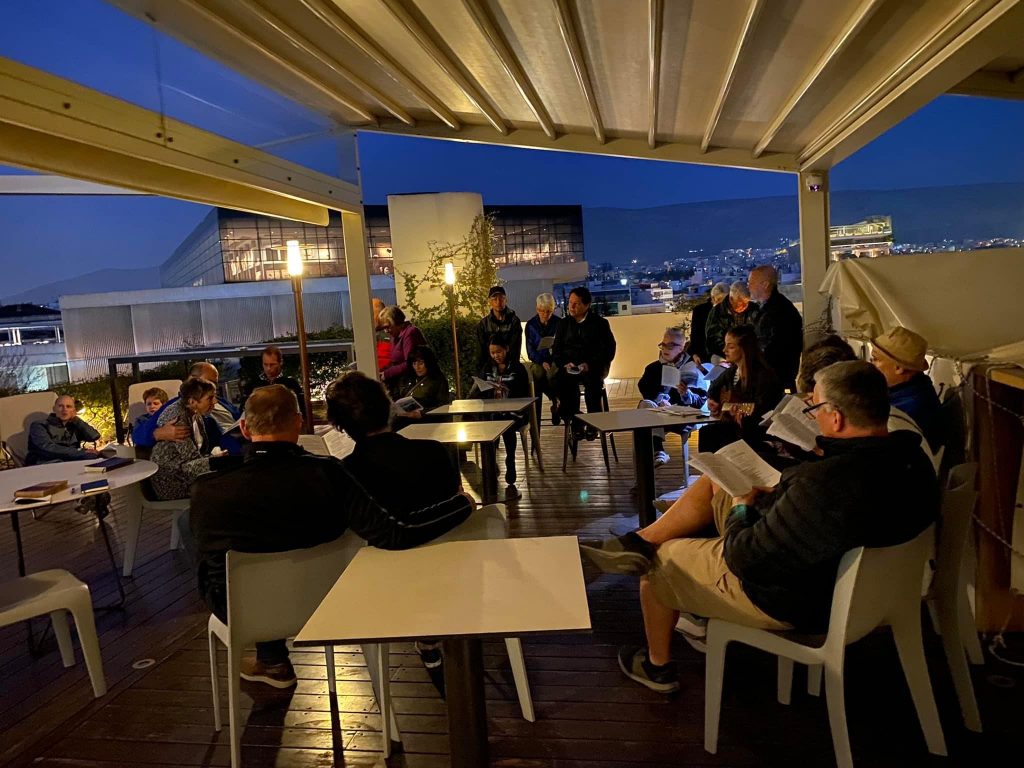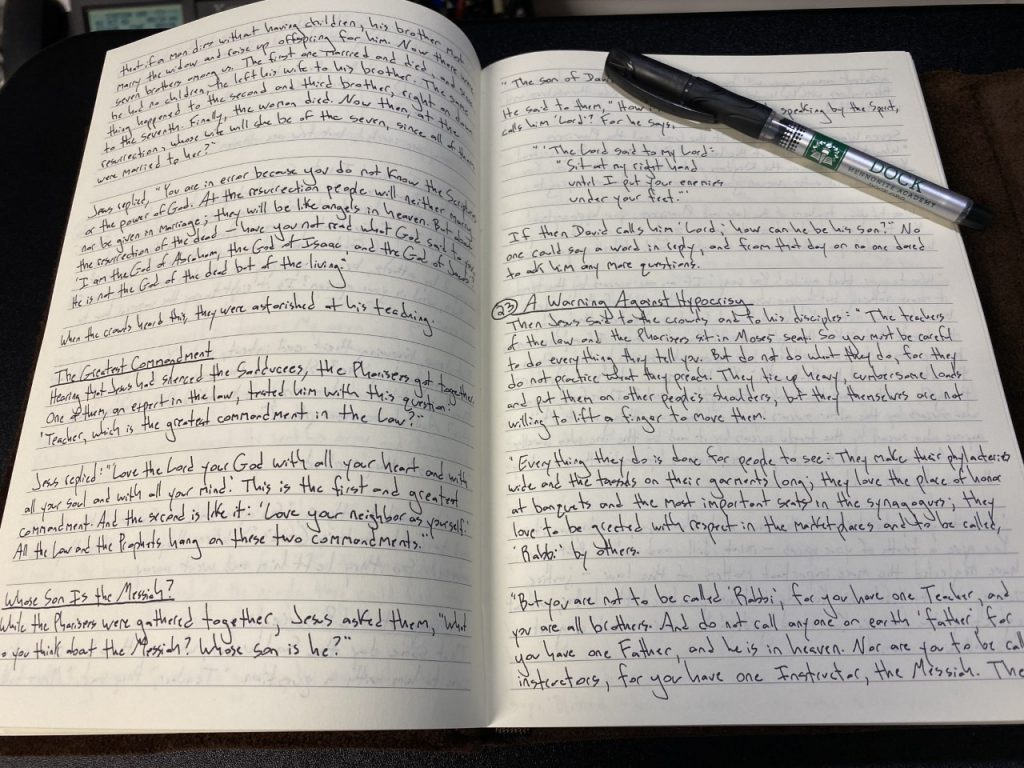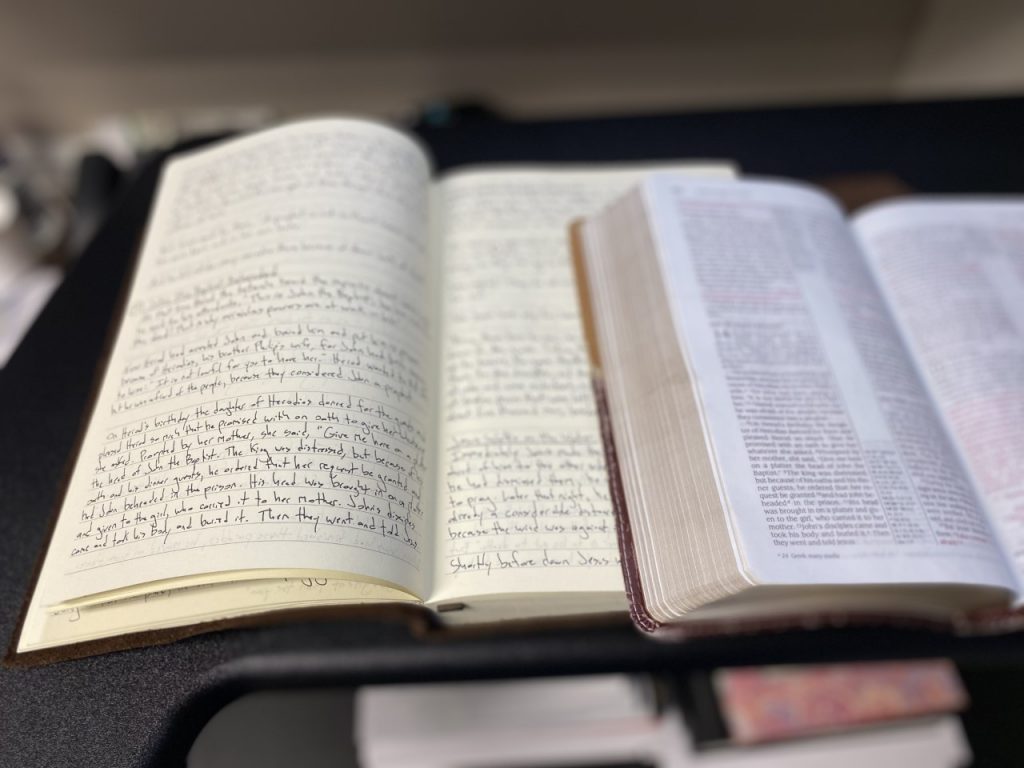by Josh Meyer
Editor’s Note: Originally published on Dec. 22, 2025, in Anabaptist World and reprinted with permission.
We’ve celebrated 500 years. That’s no small thing. But anniversaries are never just about what’s behind us. They’re also about what’s ahead.
Anabaptism at 501 and beyond must be more than a historic label. It must be a living, breathing way of following Jesus.
So, what do I think the future holds for our tradition? What do I hope it holds?
I see both danger and promise. I’ll name three tensions I believe the church must navigate with wisdom and courage, plus three hopes I pray will take deeper root.
Tension No. 1: Nostalgia vs. imagination
There is a temptation in anniversary years to romanticize the past. We tell the stories of Michael Sattler and the Schleitheim Confession, and rightly so. But we sometimes forget that those stories were forged in risk, innovation and improvisation.
Anabaptists didn’t start out with a clear road map. They started with conviction, community and costly trust in Jesus. We honor them not by copying their methods but by joining their spirit, rooted and responsive, unafraid to follow Jesus into new terrain.
In a rapidly changing world, nostalgia will not sustain us. Imagination will. What will church look like when it’s no longer centered around buildings, bulletins or Sunday mornings? What will discipleship look like in a digital, disembodied age?
The Anabaptism that flourishes in the next 500 years will not depend on how well we preserve our traditions but on how faithfully we follow Jesus, even when it means letting go of the ways we’ve always done things.
Tension No. 2: Isolation vs. interdependence
Historically, we’ve drawn boundaries to preserve faithfulness. And there’s wisdom in that. But in a global church increasingly connected and postdenominational, we risk becoming siloed, even self-righteous, if we define ourselves only by what we are not.
Our tradition has deep gifts — peace witness, mutual aid, community discernment, nonconformity, simplicity — but they are meant to bless the broader body of Christ, not stay locked in our theological cupboards.
I believe the future of Anabaptism will be ecumenical and intercultural, or it will shrink into irrelevance. I’m seeing this already in younger leaders who are less concerned about denominational lines and more focused on lived discipleship. They want to learn from a Benedictine monk and a Mennonite farmer. They want to plant churches that look like the Kingdom, not like 1980s White rural America.
That means partnerships, mutual learning and a posture of humility. It also means cross-cultural leadership, translation of our core convictions into new languages and trust that the Spirit is not only behind us but ahead of us.
Tension No. 3: Burnout vs. hope
I’ve seen it in my peers — pastors weary from polarization, exhausted from culture wars, unsure how to lead congregations that span five generations and 10 worldviews. Some are quitting; others are staying, but struggling.
The future of Anabaptism cannot rest on hero pastors or perfect programs. It must be carried by a community of hope, one where leadership is shared, where vulnerability is honored and where the Spirit breathes new life.
This is a time for reimagining how we care for leaders and communities. It’s time to embrace spiritual formation not as an optional add-on but as the heart of our life together: sabbath rhythms and shared meals, spaces to grieve and to question, opportunities to learn and to practice our faith, invitations to play and to pray together. These are not distractions from the mission. They are the mission.
A burned-out church will not bear good news. But a hopeful church — even a small one — can.
Hope No. 1: A church that looks like the neighborhood
My prayer is that Anabaptist congregations would look more and more like the communities they’re rooted in. Not just demographically, but in language, practice and relational depth.
That will mean letting go of uniformity. It will mean embracing bilingual worship, lay-led expressions of church and a willingness to be uncomfortable. It will mean investing in leaders who weren’t formed in our systems. It may mean giving up control.
But it will also mean that our churches feel less like enclaves and more like households of hospitality — sacred spaces where immigrants, refugees, seekers and skeptics find belonging and where Jesus is encountered in shared life, not just shared doctrine.
Hope No. 2: An economy of enough
We need a renewal of economic imagination. In a world addicted to accumulation and defined by scarcity, the early Anabaptists embodied a radical form of mutual aid.
I see glimpses of this today: churches paying off medical debt, co-housing experiments, alternative retirement models, congregational sharing funds and people using donor-advised funds for joyful, intentional generosity.
What if we became known not just for rejecting violence but for rejecting greed? What if we lived “enoughness” in such compelling ways that our neighbors began asking questions?
We cannot preach peace while bowing to capitalism. We cannot talk about community while ignoring inequality. Anabaptism must remain a spiritual movement and embrace its potential as an economic movement as well — rooted in justice, generosity and joyful resistance.
Hope No. 3: A church awake to the presence of Christ
Finally, I hope we stay awake. Awake to the presence of the Risen Christ among us: in scripture, in creation, in the breaking of bread and the breaking of bodies.
I hope we keep listening for the Spirit: in silence, in song, in shared discernment.
I hope we recover a sacramental imagination: for communion and baptism, yes, but also for compost bins and conflict transformation, for parenting and protest, for financial planning and footwashing.
Anabaptism at its best has always been about lived faith and embodied discipleship. Not just right belief, but right practice. Not just Sunday worship, but Monday courage.
That is what the world needs now. And that, I believe, is what Christ is calling us toward: a church rooted in love, resilient in hope and ready for whatever comes next.
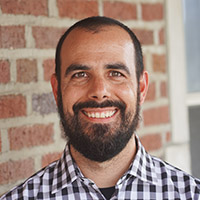
Josh Meyer
Joshua Meyer is a Leadership Minister with Mosaic Mennonite Conference. He also serves as a Financial Consultant with Everence and as an adjunct professor at Eastern University.
Mosaic values two-way communication and encourages our constituents to respond with feedback, questions, or encouragement. To contact Josh Meyer, please email jmeyer@mosaicmennonites.org.

